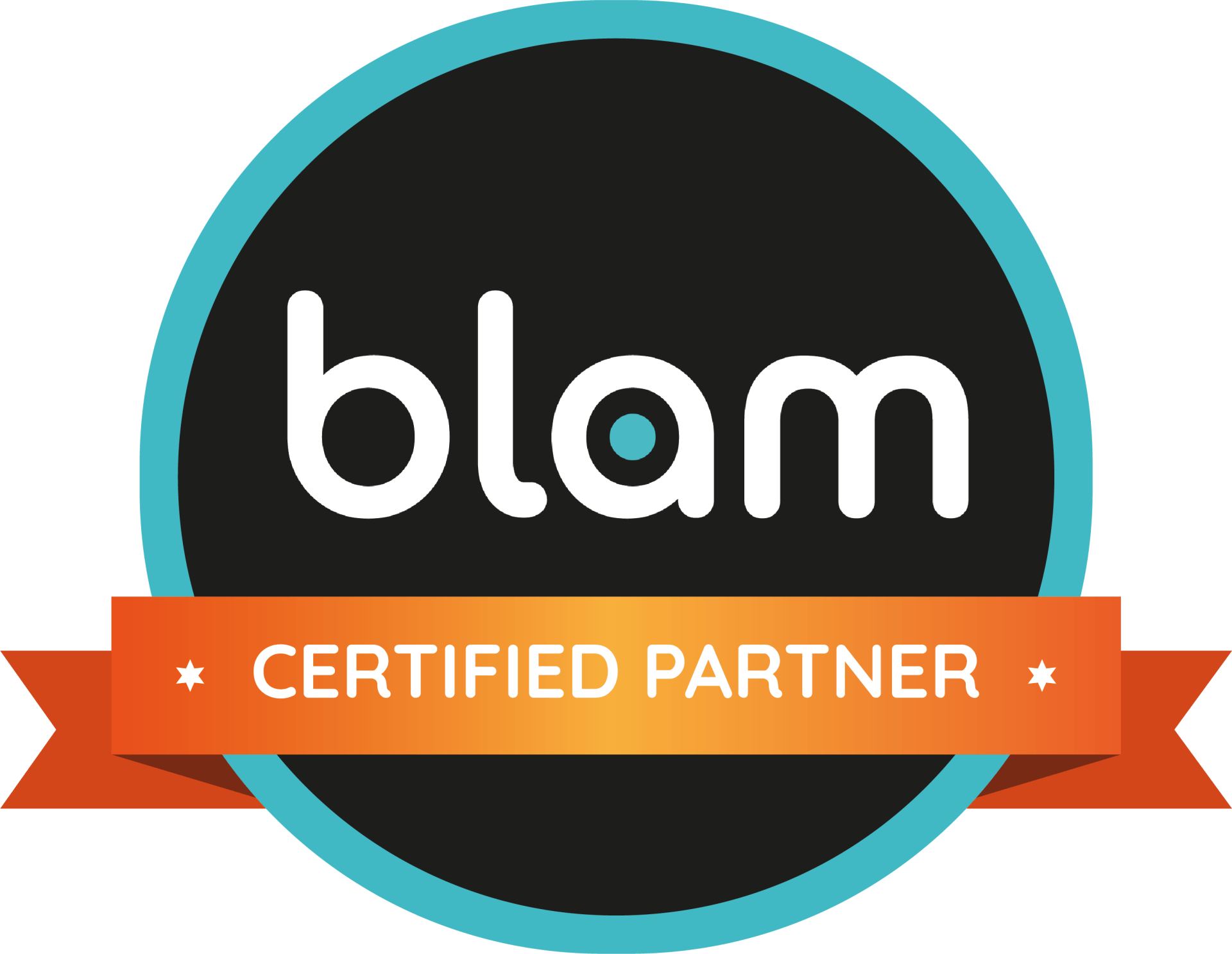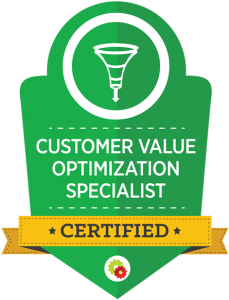Winning Patient Trust: 10 Strategies for Authentic Marketing in Healthcare
Introduction
In the fast-paced world of healthcare, where every interaction counts, trust isn't just a concept—it’s the cornerstone of every successful patient relationship. For healthcare providers and practitioners, earning and maintaining patient trust is crucial, not only for patient satisfaction and retention but also for cultivating a practice built on genuine connections, transparency, and integrity.
Imagine walking into a healthcare practice where every interaction feels genuine, every message is transparent, and every concern is met with empathy. This is the kind of practice where trust flourishes. Authentic marketing isn’t just a trend; it’s a powerful tool that can transform your practice, foster deeper relationships with patients, and set you apart in a competitive field.
Why is trust so vital? It affects patient decisions, their adherence to treatment plans, their overall satisfaction with your care, and their loyalty to your practice. Trust forms the foundation of lasting, positive relationships. By embracing authentic marketing practices, you can build and reinforce this crucial trust, enhancing both your patient relationships and your practice's reputation.

Understanding Authentic Marketing
What is Authentic Marketing?
Authentic marketing transcends traditional promotional tactics. It’s about being genuinely transparent, aligning with your core values to your practice, and forging meaningful connections with your patients. It’s about showcasing who you truly are, what you stand for, and how deeply you care about your patients' health and well-being.
Why Authenticity Matters
In a sea of impersonal and overly promotional marketing sphere, authenticity stands out. It’s not just about the words you say; it’s about living your values through consistent actions and clear communication. Authentic marketing builds credibility and fosters long-term relationships by creating honest and meaningful connections with your patients.
10 Strategies for Authentic Marketing
1. Showcase Real Patient Stories and Testimonials
Importance: Real stories and testimonials humanize your practice, making it more relatable, attractive and trustworthy.
How-to: Gather and share genuine patient testimonials and success stories in both written and video formats. Ensure these stories reflect a range of experiences that resonate with a diverse patient base.
Best Practices: Obtain permission before sharing any patient stories. Ensure that the testimonials are diverse and representative of your patient community.
2. Be Transparent About Your Services
Importance: Transparency builds trust by setting clear and honest expectations about what patients can expect from your practice.
How-to: Clearly outline your services, pricing structure, and procedures on your website and in all your communications. Avoid medical jargon and present information in a straightforward, easy-to-understand manner.
Best Practices: Regularly update your service details and ensure that your communication is clear, factual, consistent and compelling.
3. Maintain Consistent and Honest Communication
Importance: Consistency in messaging reinforces reliability, validity and trustworthiness.
How-to: Develop a consistent voice, tone and message across all platforms, including your website, social media, and newsletters. Address both positive and negative aspects of your practice openly.
Best Practices: Create a communication plan that outlines how to handle various types of messages and feedback.
4. Engage with Your Audience Authentically
Importance: Genuine interactions show that you value your patients, their comments and feedback.
How-to: Respond promptly and thoughtfully to comments, questions, and feedback on social media and other platforms. Personalize your responses to make patients feel heard, affirmed and valued.
Best Practices: Foster an open dialogue by encouraging patients to share their thoughts, suggestions and experiences.
5. Provide Educational Content
Importance: Educational content showcases your expertise and personal commitment to patient well-being.
How-to: Develop and share valuable contents like blog posts, videos, and infographics that address common patient questions and concerns.
Best Practices: Ensure your content is accurate, relevant, and up-to-date. Tailor it to the specific needs and interests of your audience.
6. Highlight Your Team and Practice Culture
Importance: Showcasing your team and practice culture helps build personal connections and humanizes your practice.
How-to: Feature staff profiles, behind-the-scenes content, and highlights of your practice’s culture. Share stories that reflect the values, culture, philosophy and personality of your practice.
Best Practices: Ensure that your content reflects the genuine culture and values of your practice.
7. Address Complaints and Negative Feedback Promptly
Importance: Handling complaints and negative feedback effectively is crucial for maintaining trust and demonstrating commitment to patient satisfaction.
How-to: Respond to complaints and negative feedback quickly and professionally. Use these opportunities to address issues and show how you’re working to improve your practice.
Best Practices: Develop a protocol for managing negative feedback and ensure all team members are trained to handle these situations appropriately.
8. Reward Your Loyal Patients
Importance: Recognizing and rewarding loyalty fosters a deeper connection and shows appreciation.
How-to: Implement a rewards program or send personalized thank-you notes to show appreciation for loyal patients.
Best Practices: Tailor your rewards and recognition efforts to individual patient preferences, needs and contributions.
9. Keep in Touch with Your Patients
Importance: Ongoing communication helps maintain relationships and keeps your practice top-of-mind for patients and community.
How-to: Use newsletters, follow-up emails, and social media to stay in contact with your patients. Share periodic updates, important health tips, and relevant information.
Best Practices: Ensure that communications are personalized and offer real value to your patients.
10. Uphold the 4 Cs of Trust: Competence, Caring, Commitment, and Consistency
Importance: These core values are essential for building and maintaining trusting relationships.
How-to: Demonstrate competence by providing high-quality care, show caring through empathetic interactions, commit to your brand promises, and be consistent in your values and messaging.
Best Practices: Regularly evaluate your practice to ensure that you are living up to these fundamental trust-building principles.
2. Leverage Social Media for Patient Engagement
Social media isn’t just for staying in touch; it’s a powerful tool for patient engagement:
- Targeted Advertising: Use platforms like Facebook and Instagram to run ads tailored to specific demographics. If you specialize in women's health, target ads towards women in your area, highlighting services that cater to their needs.
- Educational Content: Regularly post about health topics, success stories, and practice updates. This keeps your audience informed and establishes you as a valuable resource.
- Interactive Posts:
Engage followers with polls, Q&A sessions, and live videos. For example, a live Q&A on “Understanding Diabetes” can provide valuable insights and foster community engagement.
Examples of Authentic Marketing in Healthcare
Case Study 1: A local clinic increased patient trust and engagement by sharing detailed, transparent information about their services and pricing.
Case Study 2: A practice used real patient testimonials to humanize their brand and saw a significant increase in new patient inquiries.
Case Study 3: An organization that actively engaged with patients on social media built a strong online community and improved patient satisfaction.
Key Takeaways: These examples illustrate how implementing authentic marketing strategies can lead to increased patient trust, satisfaction and loyalty.
Measuring the Impact of Authentic Marketing
Metrics to Track:
- Patient Feedback: Monitor reviews and feedback for changes in patient perceptions.
- Engagement Rates: Analyze how patients interact with your content on social media, website and other platforms.
- Conversion Rates: Track changes in appointment bookings and patient inquiries.
Tools and Techniques:
- Surveys and Polls: Collect direct feedback from patients.
- Analytics Tools: Use tools like Google Analytics and social media insights to measure performance.
Overcoming Challenges in Authentic Marketing
Common Challenges:
- Managing Negative Feedback: Address negative feedback while maintaining authenticity.
- Maintaining Consistency: Ensure consistent messaging and practice.
- Resource Constraints: Handle marketing efforts with limited resources.
Solutions:
- Addressing Negative Feedback: Respond professionally and use feedback to improve your services delivery.
- Maintaining Consistency: Develop a content calendar and messaging guidelines.
- Resource Management: Prioritize key marketing efforts and consider cost-effective tools.
Conclusion
Building and maintaining patient trust through authentic marketing isn't just a strategy—it’s a commitment to embodying your core values and serving your patients with integrity and empathy. By implementing these ten strategies, you'll not only foster deeper patient relationships but also create a practice known for its genuine care, authentic marketing and total transparency.
Your practice can be a beacon of trust in a field where authenticity makes all the difference. We encourage you to share your experiences with authentic marketing. How have you successfully built trust with your patients? For more insights and personalized advice, explore additional resources on our website or reach out for a free consultation. Check out our website at 1sthour.online and stay ahead in the world of healthcare marketing by building trust.
About Us

1st Hour empowers healthcare providers and practitioners in independent medical practice seeking to enhance their online presence and reach; we deliver innovative digital marketing solutions to improve patient engagement, amplify brand visibility and unlock sustainable growth in diverse marketplace. We specialize in helping your business goals while advancing health equity and patient care excellence.
Contact Us
- 📞 Call: 774 719 4647
- 📧 Email: Barry@1stHour.online
- 🌐 Visit:
www.1stHour.online
Special Offer:
Download our Free 73-Audit and schedule a Free Consultation.
1st Hour Services:
• AI-powered professional websites.
• Search Engine Optimization (SEO).
• Mobile app development.
• Content creation.
• Brand image and Reputation management.
• Social media management.
Barry Eneh

Barry, a health enthusiast, is the founder of 1st Hour, a Boston-based marketing and technology company established in 2023. 1st Hour is dedicated to helping small and mid-sized businesses in the healthcare, education, and non-profit sectors gain professional credibility and market visibility with their target audiences. Our mission is to connect businesses with key audience groups and those most likely to benefit from their brand promise and expertise.
Experience
- Founding Director of APNO-USA Health Service Group.
- Healthcare leader at VA.
- Over 20 years of experience in healthcare operations and clinical practice at private and public healthcare systems.
Education
- MSC in Integrated Marketing Communications, Franklin University.
- MPH in Public Health Management, Wright State University.
- PhD in Healthcare Administration, Walden University.




